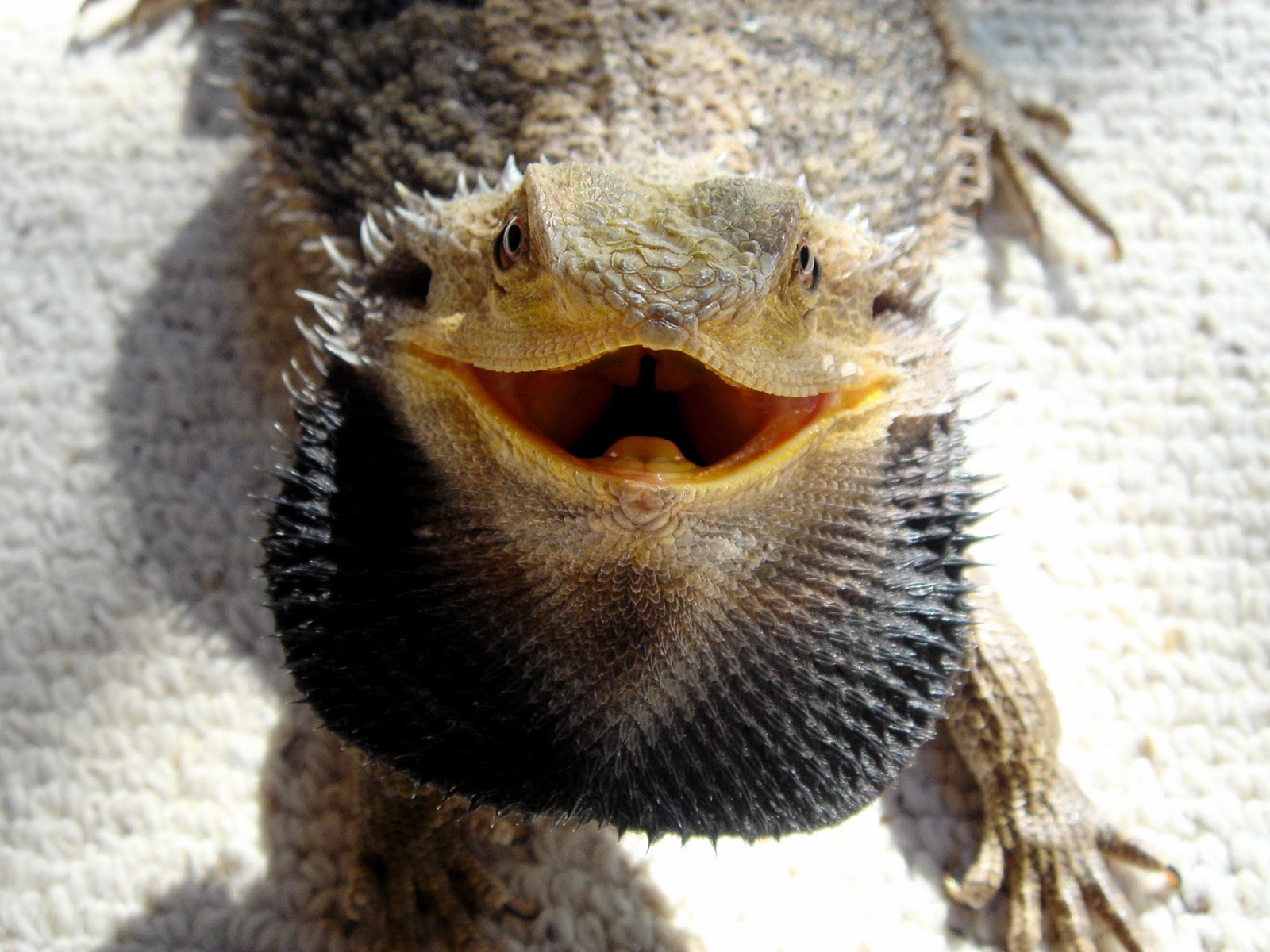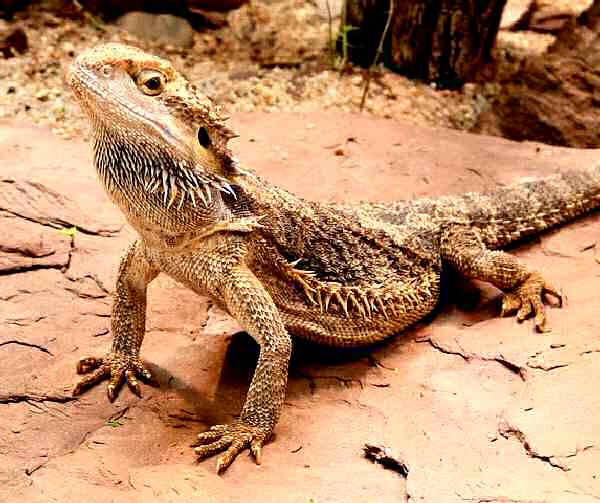Bearded Dragon Sickness Symptoms: Signs To Lookout For
Introduction
Bearded dragons are popular pets and for good reason. They are docile, easy to care for, and can make great companions. However, they are also prone to illnesses and diseases just like any other animal. As a responsible pet owner, it is important to be aware of the common signs and symptoms of sickness in bearded dragons.
Common Bearded Dragon Sickness Symptoms
Bearded dragons can suffer from a variety of illnesses and diseases. The following are the common signs and symptoms to look out for:
Lack Of Appetite
If your bearded dragon is not eating like their usual self, this may be a sign that they are not feeling well. Loss of appetite can be caused by a number of conditions, such as gastrointestinal issues or oral infections.
Lethargy
If your bearded dragon is lethargic and not moving around as they normally do, this could be a sign of sickness. Lethargy can be caused by a number of conditions, including metabolic bone disease or respiratory infections.

Weight Loss
If your bearded dragon is losing weight rapidly, this could be a sign that something is wrong. Weight loss can be caused by a variety of conditions, such as parasites or kidney disease.

Breathing Problems
If your bearded dragon is having trouble breathing, this could be a sign of respiratory problems. Respiratory infections can be life-threatening for bearded dragons if left untreated.

Prevention Is Key
Preventing sickness in your bearded dragon is always preferable to treating an illness after it has occurred. Here are some tips to keep your bearded dragon healthy:
Proper Nutrition
Bearded dragons require a specific diet to maintain their health. They need a combination of protein, vegetables, and fruits. Consult with your veterinarian to ensure your bearded dragon is receiving the proper nutrition.

Clean Environment
Bearded dragons should be housed in a clean environment that is free of bacteria and parasites. Regular cleaning of their habitat and items in the habitat is necessary.

Room Temperature
Bearded dragons are cold-blooded and require a warm environment to thrive. They should be kept in a room that is consistently between 80-90 degrees Fahrenheit.

When To See A Veterinarian
If you notice any of the above symptoms in your bearded dragon, it is important to seek veterinary care immediately. Early intervention can help prevent the progression of the illness and increase the likelihood of a positive outcome.
Conclusion
Bearded dragons are wonderful pets that can bring a lot of joy to your life. However, being aware of the signs and symptoms of sickness is a crucial part of responsible pet ownership. By providing your bearded dragon with the proper nutrition, a clean environment, and regular veterinary care, you can help ensure a happy and healthy life for your scaled friend.
